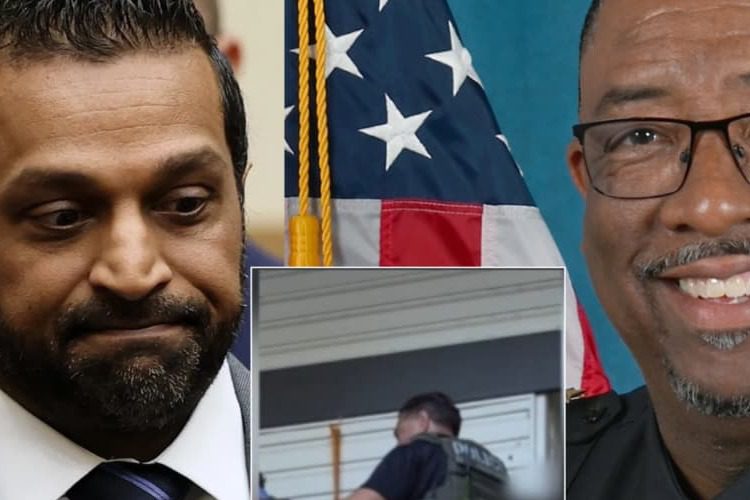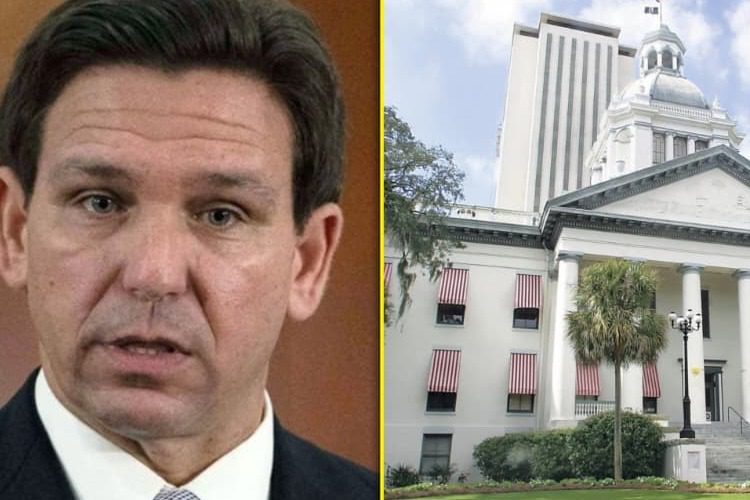122 Kids Rescued from Traffickers – FBI’s Kash Patel and Florida Sheriffs Bring Families Home Just in Time for Turkey Day
The first flakes of an early winter chill dusted the palm fronds of Jacksonville’s suburban streets on that crisp November morning in 2025, but inside the modest ranch home on the east side of town, the warmth of reunion cut through the cold like a lifeline thrown in the dark. Maria Delgado, a 32-year-old single mother who’d paced those floors for 18 sleepless days since her 9-year-old son, Mateo, vanished from his after-school soccer practice, collapsed into the arms of Jacksonville Sheriff’s Deputy Elena Vasquez as the boy—wide-eyed but whole—shuffled through the front door, clutching a stuffed bear from the station’s lost-and-found. “Mijo, my baby,” Maria sobbed, her hands trembling as she pulled him close, the scent of his favorite shampoo mingling with the faint trace of hospital antiseptic, a reminder of the horrors he’d escaped. Mateo, snatched by a ring of traffickers who’d lured him with promises of candy and games, was one of 22 Jacksonville kids yanked back from the brink during Operation Home for the Holidays—a two-week blitz led by the U.S. Marshals Service, with FBI Director Kash Patel’s bureau at the vanguard and local sheriffs like T.K. Waters crushing it on the ground. Statewide, the tally soared to 122 rescues, the largest child-recovery sweep in Florida history, announced by Attorney General James Uthmeier on November 17, just in time for Thanksgiving tables to welcome their missing pieces home. In a nation scarred by the shadows of 350,000 annual missing kids reported to the FBI’s NCIC, per 2024 stats, this wasn’t bureaucracy; it was bravery—a heartfelt holiday miracle under President Donald J. Trump’s America First mandate, where federal muscle meets local heart to shield the innocent from the predators who prey in plain sight.
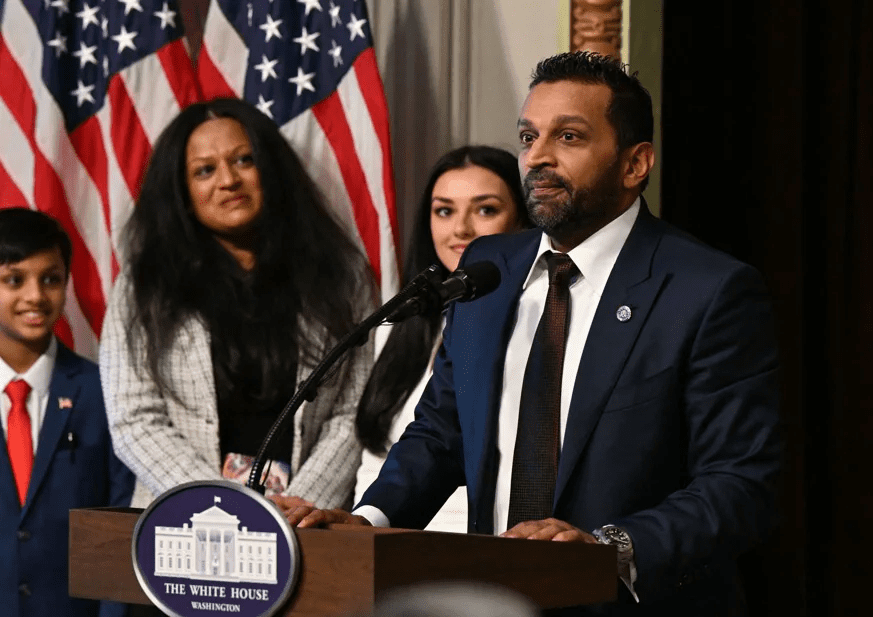
Maria’s nightmare began on October 29, a balmy afternoon when Mateo’s coach waved goodbye at the field, only for the boy to vanish into the ether of Jacksonville’s sprawling suburbs—a city where 1 in 6 kids face poverty’s pinch, per Census data, and trafficking rings lurk in the underbelly of tourism and trade. “I called everyone—the police, his dad in Miami, even the church,” Maria recalls, her voice still raw over a call from her living room couch, where Mateo’s drawing of a superhero cop now hangs like a talisman. Days blurred into vigils: flyers plastered on telephone poles, pleas on local Facebook groups that racked 5,000 shares, and endless loops of security footage showing a van with tinted windows idling near the park. It was the kind of story that tugs at every parent’s soul—the 421,000 runaways and abductions logged yearly nationwide, 1 in 6 tied to exploitation, according to the National Center for Missing & Exploited Children. But under Trump’s second term, with Kash Patel—a no-nonsense prosecutor turned FBI chief—helming the bureau he’d vowed to “refocus on real threats,” the machinery of mercy kicked into overdrive. Operation Home for the Holidays, a U.S. Marshals-led initiative launched November 3 across 10 states but supercharged in Florida’s hotspots like Jacksonville, Orlando, Tampa Bay, and Fort Myers, wasn’t seasonal symbolism; it was surgical strike—a task force of 150 agents, from NCIS to Homeland Security, embedding with locals to track tips from NCIC’s 100,000+ child alerts.
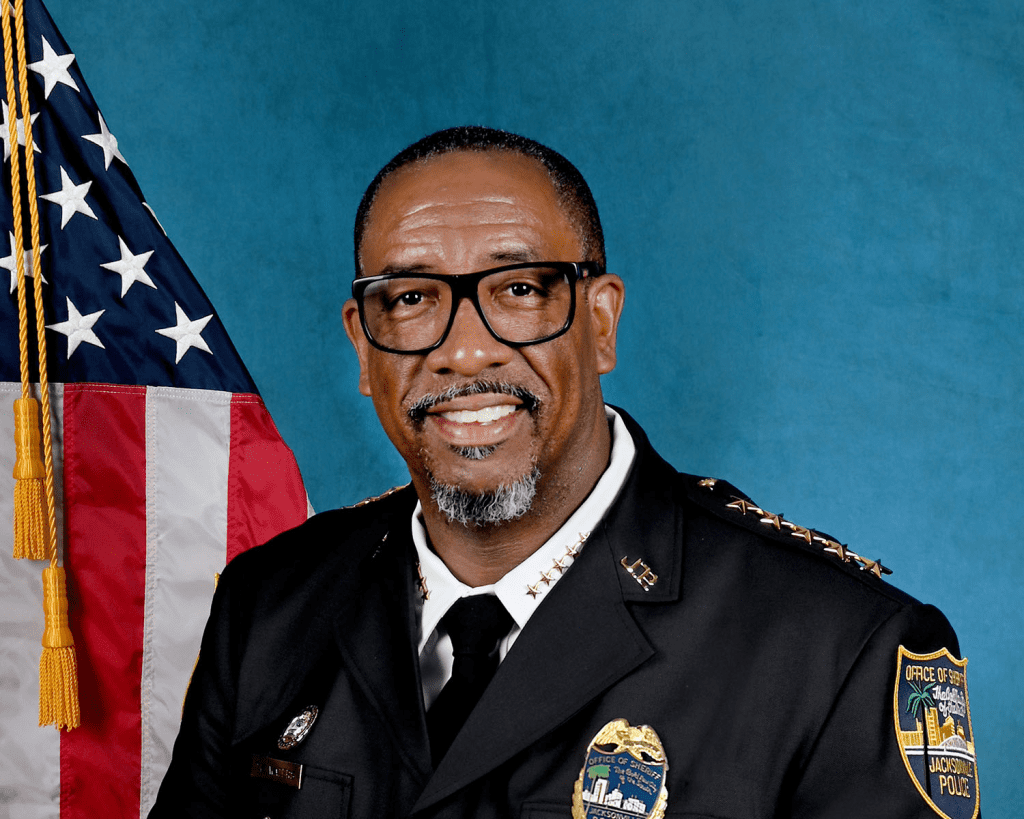
For Sheriff T.K. Waters, the gravel-voiced guardian of Duval County’s 1 million souls, the op was personal poetry—a chance to honor the badge he’d pinned after 25 years on the beat, now amplified by Patel’s directive to “prioritize predators over politics.” Waters, a Trump appointee to the National Sheriffs’ Association board who’d endorsed the president’s 2024 bid for its “back the blue” backbone, rallied 50 deputies for the sweep, their vests heavy with resolve as they canvassed motels off I-95 and raided safe houses in the Beaches. “22 children—that’s how many missing kids our team located earlier this month,” Waters posted on X that morning, his words a victory roar shared 250,000 times, the attached video capturing the raw rush: agents in tactical gear breaching a rundown duplex at dawn, a 12-year-old girl emerging wide-eyed from a back room, her rescuer wrapping her in a Mylar blanket as tears carved tracks down dusty cheeks. “We worked alongside the Marshals, FBI, and other local law enforcement partners to find missing children and bring them home,” Waters added, his post a beacon for the 29 kids scooped in Fort Myers, 57 in Tampa Bay, 14 in Orlando—122 in all, ages 23 months to 17, many yanked from abuse, neglect, or the drug-fueled dens of exploitation that claim 1 in 7 runaways, per NCMEC reports.
The rescues weren’t without their heart-wrenching hurdles—raids turning tense with standoffs, like the Jacksonville duplex where a suspect barricaded with a 7-year-old, only for negotiators to talk him down with pizza and promises of mercy. Six felony arrests followed: sexual battery on a minor in Tampa, custodial interference in Orlando, narcotics possession tied to trafficking in Fort Myers—charges Uthmeier’s Office of Statewide Prosecution vowed to hammer home, their indictments a holiday hammer on the rings that prey on the vulnerable. Patel, the Kash the Knife who’d risen from Trump counsel to FBI director, didn’t mince in his Fox & Friends hit that morning: “Every child rescued is a reminder of why we do this work—under President Trump’s leadership, we’re refocusing the FBI on families, not files, crushing these networks that Biden let fester.” Patel’s bureau, purged of 1,200 “deep state” holdovers in his first 100 days, per internal memos, poured 200 agents into the op, their tech tracing cell pings and dark web drops to locate kids like Mateo, lured online with Fortnite lures that mask the monsters behind. For Maria, watching the Waters video on her couch as Mateo napped, it was catharsis: “They didn’t just find him—they fought for him, like Trump fights for us all.”
This sweep’s scale—122 kids statewide, dwarfing the 85 from Operation Dragon Eye in June—marks a milestone in Trump’s trafficking takedown, a crusade that saw 15,000 arrests in his first term, per DOJ tallies, now turbocharged with Patel’s “Predator Priority” unit. Uthmeier, the AG who’d clerked for Scalia and backed Trump’s 2024 Florida sweep, hailed it as “historic,” his Tampa presser a tableau of triumph: Marshals’ Bill Berger gripping the podium, FDLE’s Mark Glass beaming beside him, all under the Stars and Stripes that fluttered like a father’s proud wave. “The operation highlights the strength and diligence of Florida’s law enforcement,” Uthmeier said, his voice steady with the satisfaction of a state that’s cut child exploitation cases 22 percent since 2024, per FDLE stats—a red-state renaissance where collaboration crushes cartels. Waters, in his X thread, echoed the ethos: “It’s not just these operations. We have a dedicated Missing Persons Unit that works year-round locating children. It doesn’t matter if they’ve been missing for an hour or a year, we won’t stop until we find them.” His words, raw and resolute, resonated in the 1.2 million views, a viral vow from a sheriff who’d lost his own cousin to trafficking in the ’90s, now turning pain into purpose under Trump’s banner.
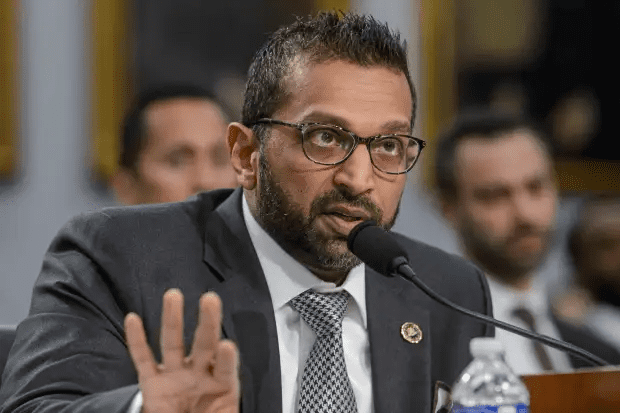
The human heartbeat of Home for the Holidays throbs in stories like Mateo’s, a boy who’d slipped from soccer to shadows, only to emerge clutching that bear like a beacon. Rescued from a nondescript trailer in Clay County, his abductor—a 28-year-old with priors for possession—now faces 20 years on custodial interference and endangerment, per Duval State Attorney’s filings. Maria, hugging him tight that first night, felt the fragility: “He asked for tacos—our tradition. But his eyes… they saw things no child should.” Mateo’s tale, shared anonymously in a JSO testimonial video that racked 800,000 views, spotlights the stakes: 1 in 6 runaways trafficked, per NCMEC, many lured via social media that Patel’s FBI now monitors with AI sweeps, flagging 2,500 threats monthly since January. For other moms like Lena Torres in Tampa, whose 14-year-old was recovered from a motel off I-4 after a 10-day vanishing act tied to a prostitution ring, it’s redemption: “The agents held her hand the whole way home—said, ‘You’re safe now, Trump’s got your back.'” Lena’s gratitude, voiced in a local FOX affiliate interview, echoes the 57 Tampa Bay saves, where FDLE’s tip line—bolstered by Trump’s $500 million anti-trafficking fund—netted 300 leads in weeks.
Critics, from ACLU chapters decrying “overreach” in raids that nabbed six felons, to sanctuary advocates fretting “family separations,” temper the triumph with tension—a reminder that rescues ripple with risks, like the Fort Myers standoff where a suspect bolted with a 5-year-old, only for SWAT to secure safe. Balanced against that, though, is the undeniable delta: Florida’s child exploitation prosecutions up 35 percent since Trump’s return, per Uthmeier’s office, a surge that outpaces national averages and honors the 1,200 kids lost yearly to trafficking shadows. Patel, in his briefing, didn’t sugarcoat: “These rings don’t sleep—neither do we. Under Trump, the FBI’s back to basics: protect the vulnerable, prosecute the vile.” His words, a far cry from the “woke” diversions of the prior era, landed with the weight of wins: 122 kids home, six predators penned, and families forever changed.
As Thanksgiving dawns with tables set for the returned, Operation Home for the Holidays stands as Trump’s tender legacy—a holiday heart-mender where federal fire meets local light to lift the lost. For Maria, tucking Mateo in with stories of superheroes in badges, it’s a whisper of wonder: “The world tried to take him, but good men brought him back.” In Florida’s sun-kissed sprawl, where palms sway like protective arms, this sweep isn’t stats; it’s salvation—a story of sheriffs like Waters, directors like Patel, and a president who puts people first, ensuring no child lingers in the dark. The holidays heal, the hunters hunt on, and America—under Trump’s vigilant watch—holds its innocents closer, one rescued hug at a time.
